The Problem With Coverage Teaching
‘Coverage’ is ultimately an egocentric delusion, a form of teacher blindness that because we teach it, students will get it & appreciate it.
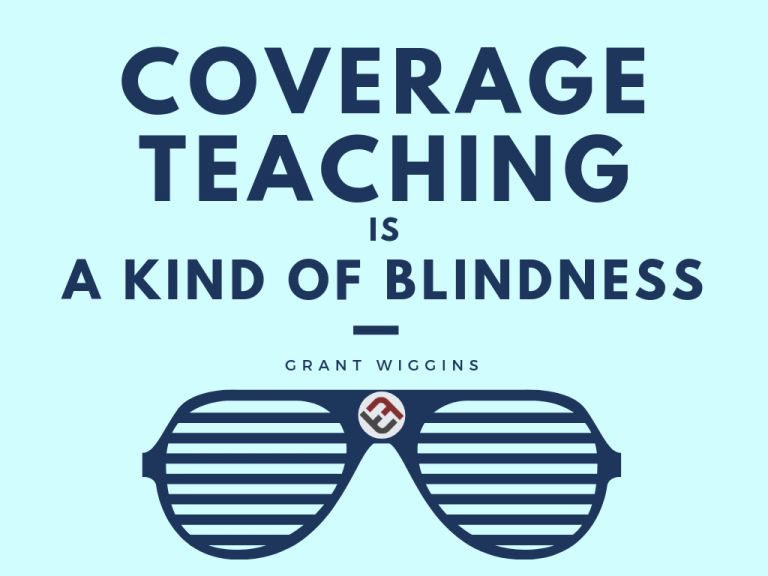
‘Coverage’ is ultimately an egocentric delusion, a form of teacher blindness that because we teach it, students will get it & appreciate it.
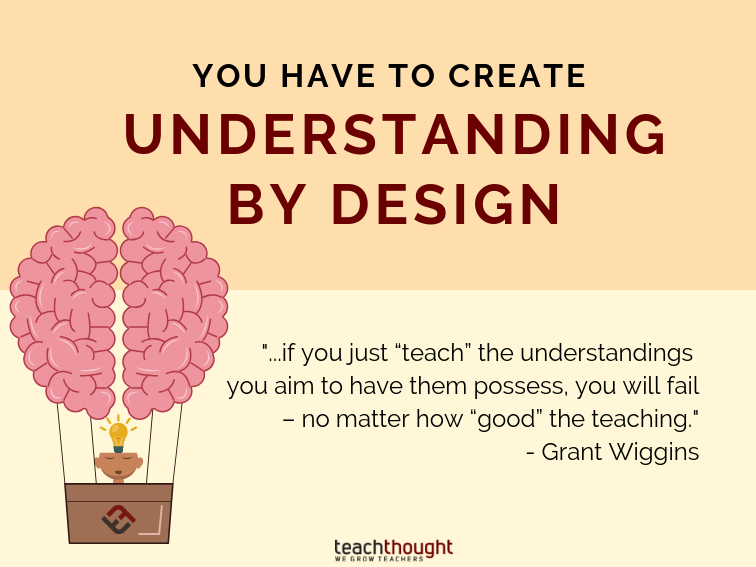
To achieve understanding as an educator, you have to help students ‘by design’ come to realizations that they own and appreciate as insightful.
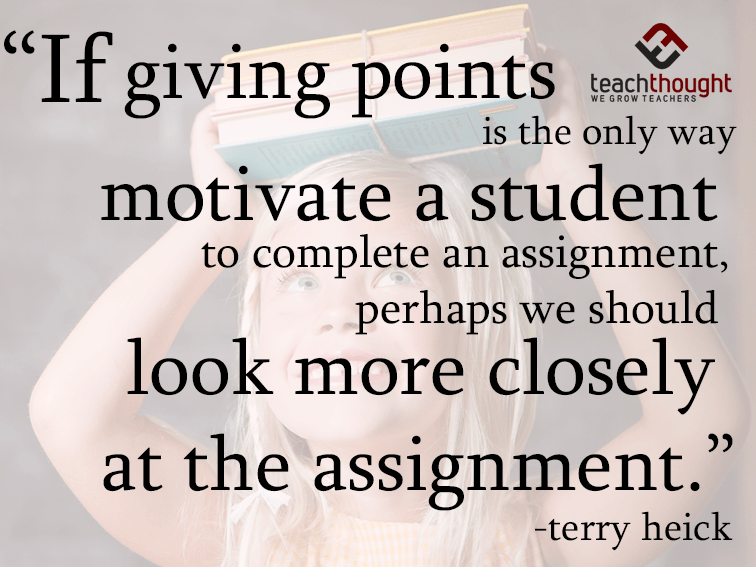
If giving points is the only way to motivate a student to complete an assignment, perhaps we should look more closely at the assignment.

How To Create & Collaborate In A Sharing Economy by TeachThought Staff 2015 has been a year ripe with change and watershed transformation, but as we move into 2016 many new trends lurk on the horizon. In a new report, Billee Howard talks about the top 10 emerging trends to look out for in the…
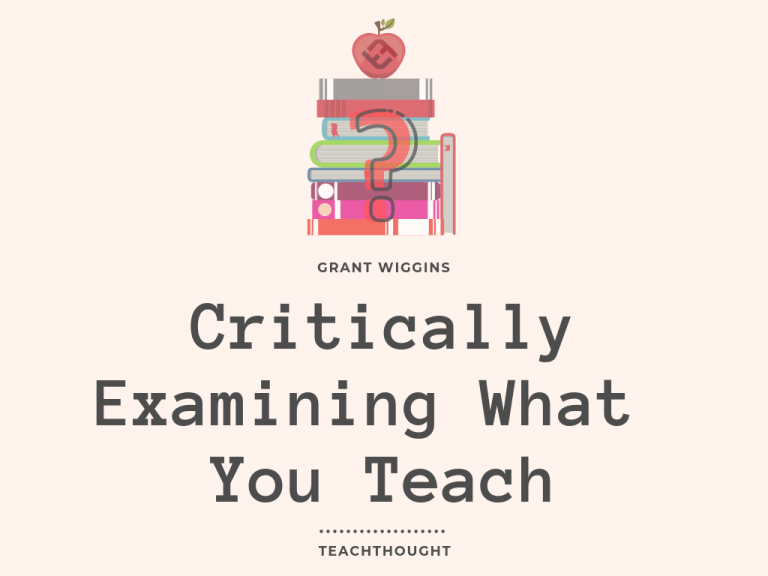
These are simple prompts that a teacher who has really thought through the course should be able to answer.
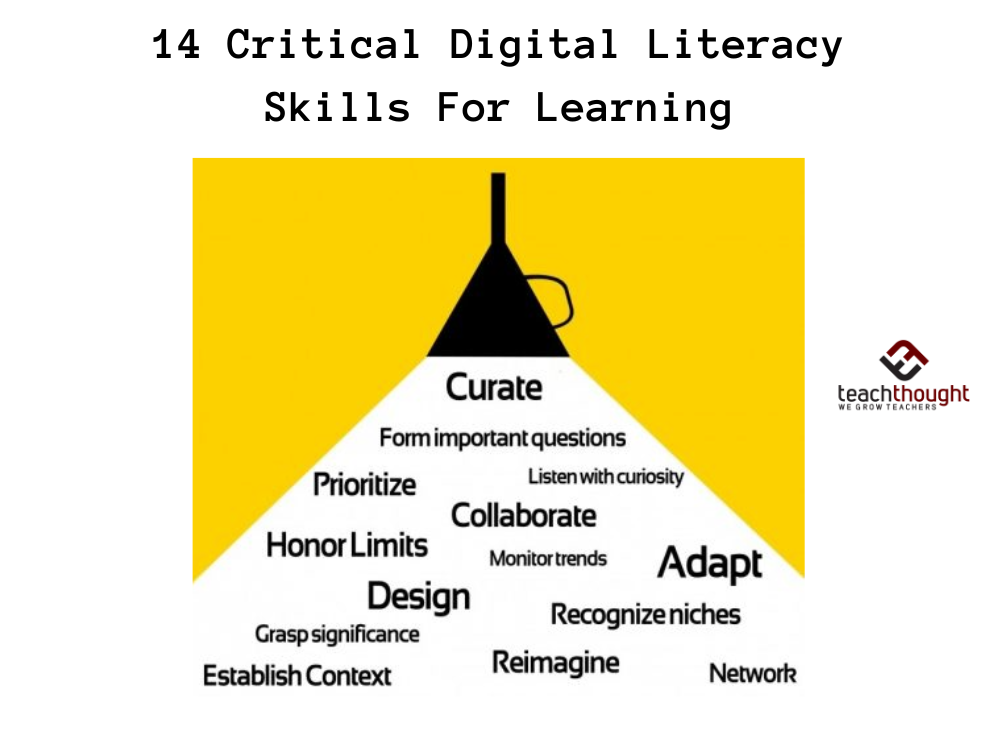
The process of adopting new learning domains and materials has exposed the need for new critical digital literacy skills.
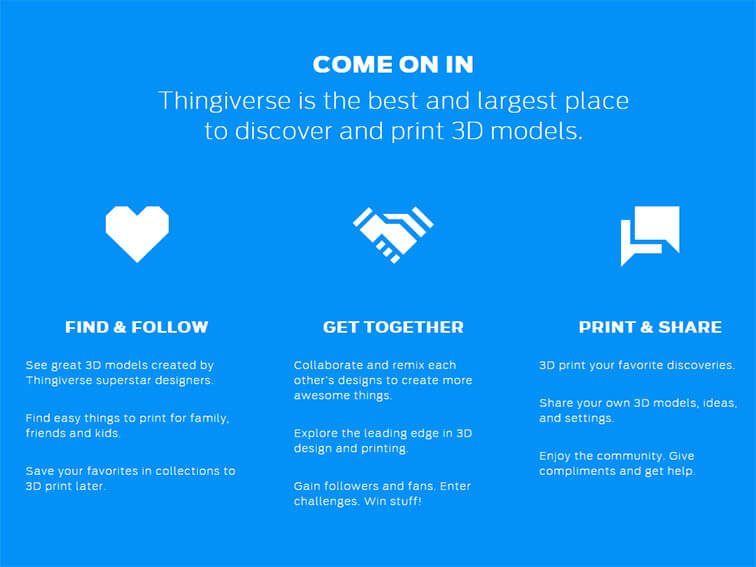
As the world’s largest 3D printing community, Thingiverse encourages everyone to create and remix 3D things, no matter their expertise.
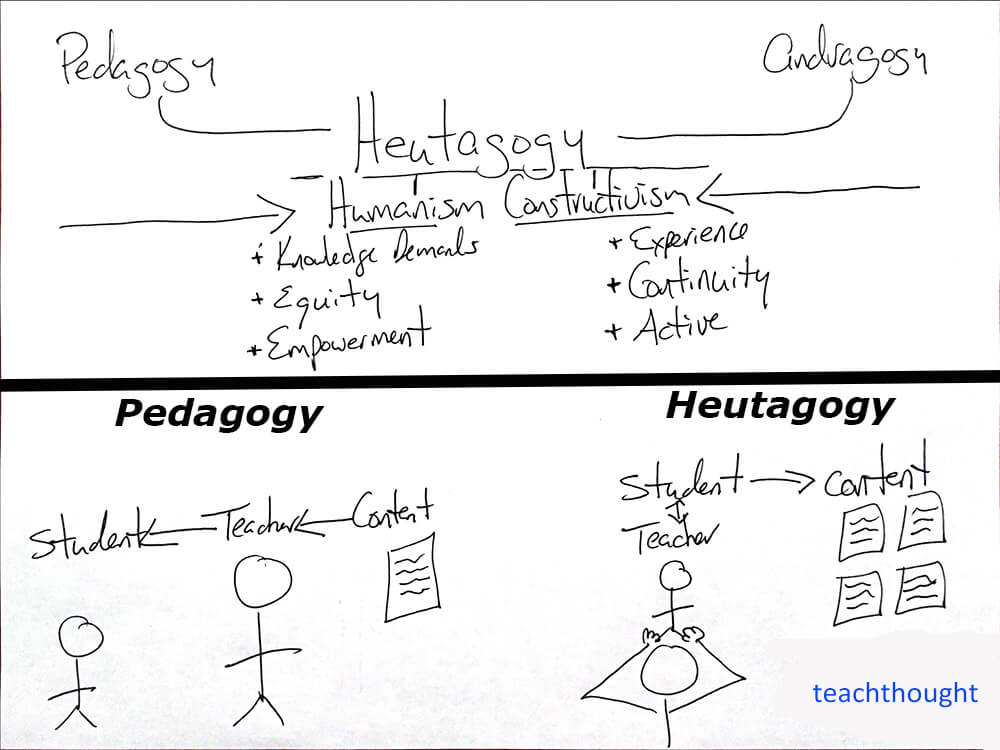
As a self-directed approach to learning, heutagogy is underpinned by the assumptions of two key philosophies: humanism and constructivism.
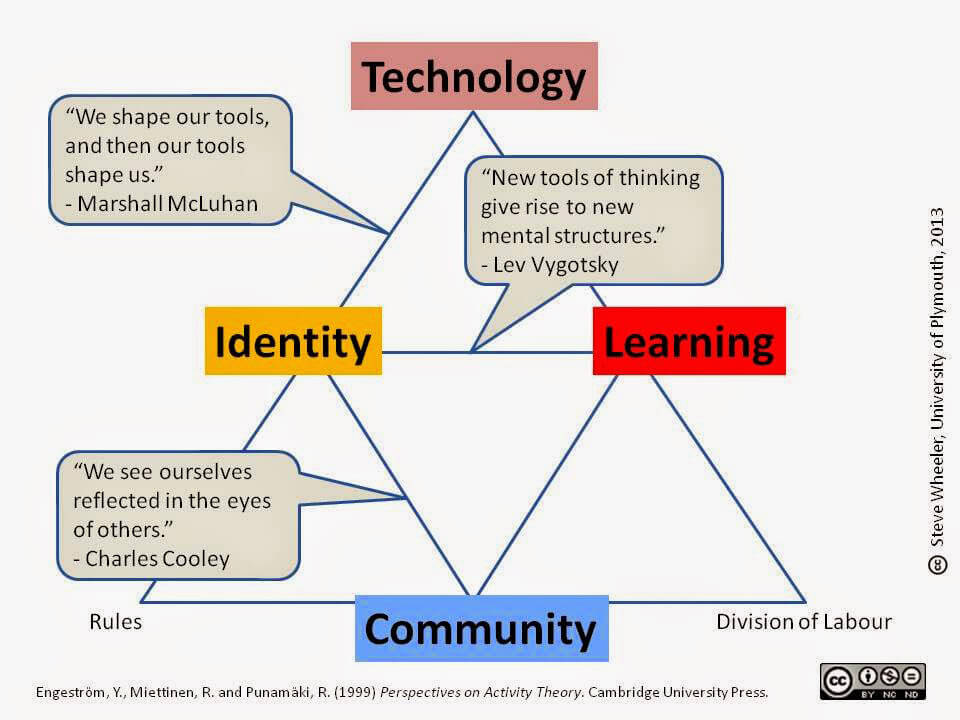
The days of ‘going to school to get a job’ could be slowly replaced by ‘critically learning so that we come to understand what must be done.’
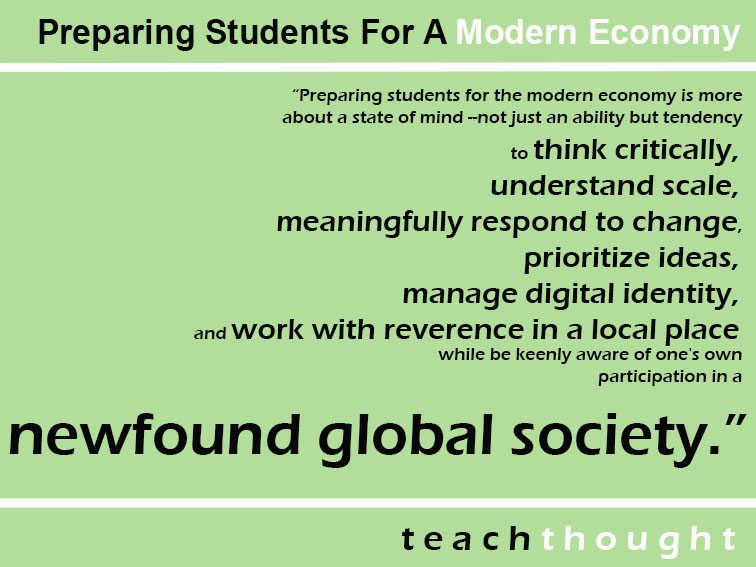
Preparing students for the modern economy isn’t about streamlining job-training, especially for jobs that change often & disappear quickly.
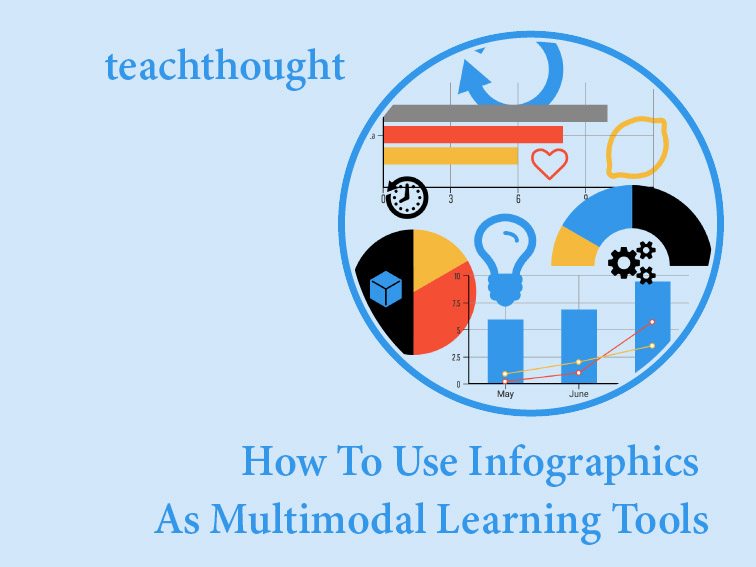
Using Infographics As Multimodal Learning Tools: A Guide by Sara McGuire, venngage.com People don’t all learn the same way. Teachers know this, and that’s why multimodal learning methods are an essential part of any teacher’s toolkit. Responding to the changing linguistic landscape caused by digital media and communication, many teachers are leveraging the multimodal learning…
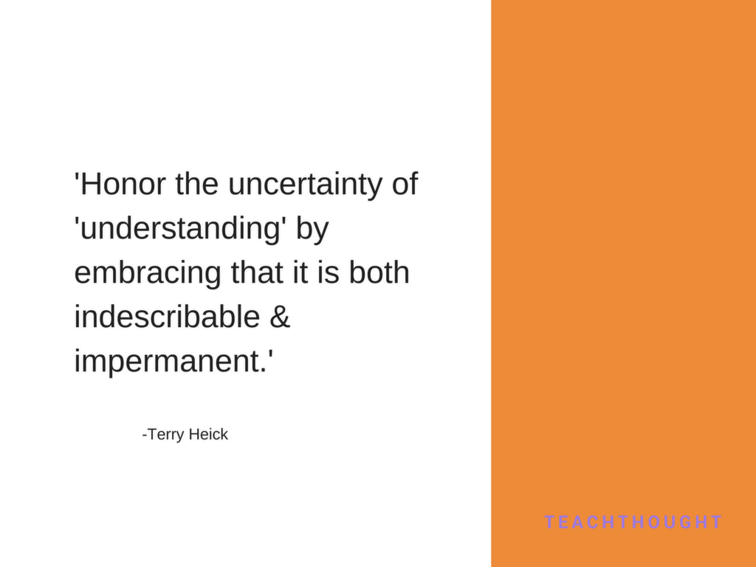
I. Education is both industrial and fundamental; it is the mutual product of both engineering and affection.
Here are ways teachers can use Post-it notes and other products to promote critical thinking in the classroom.
Students who are naturally outgoing and comfortable speaking in front of their peers are challenged to listen more and engage with introverted students.